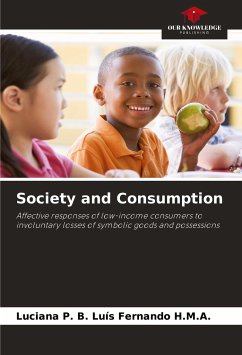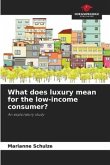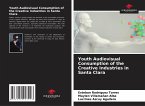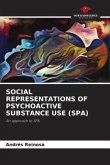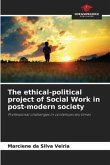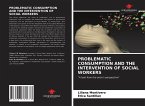This study identified affective responses resulting from involuntary losses of symbolic possessions of low-income individuals who, in the period from 2003 to 2013, rose socially, identifying themselves as members of the Brazilian middle class. As a result of the economic crisis, these consumers suffered symbolically important losses that affected the constitution of part of their self. Based on the understanding that losses of symbolic possessions go beyond simple material deprivation and extend to the construction of an acquired identity, the study proposes that affective responses to involuntary losses establish a strong relationship with the phases identified by Kübler-Ross (2000): denial, anger, bargaining, depression and acceptance. We interviewed consumers who had risen socially and had recently been hit by the economic crisis, having suffered considerable shocks to their sense of self. The phases of reaction to loss were evident in the experiences of the interviewees, helping to fill the theoretical gap in understanding how the loss of symbolic possessions resembles the death of identity and affects the self and its extension.

